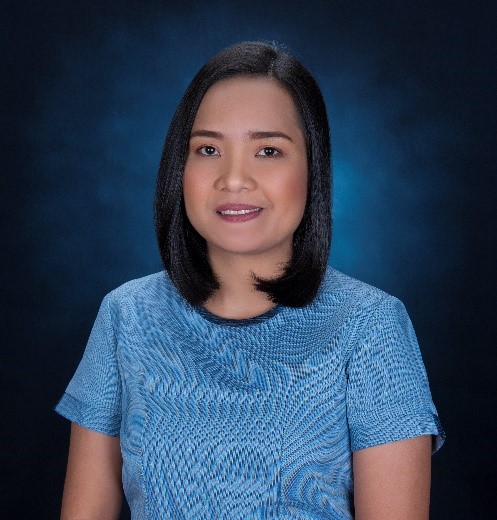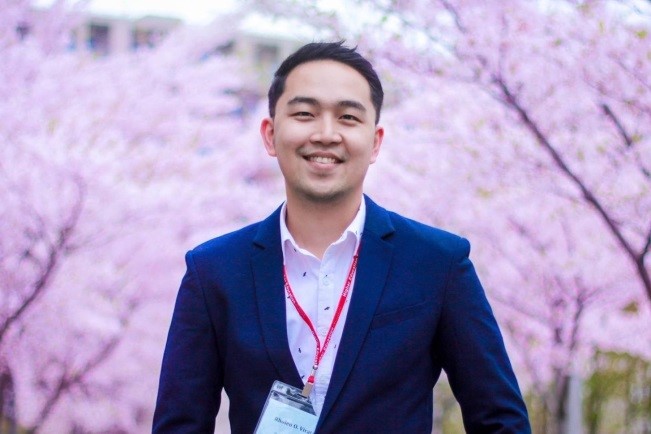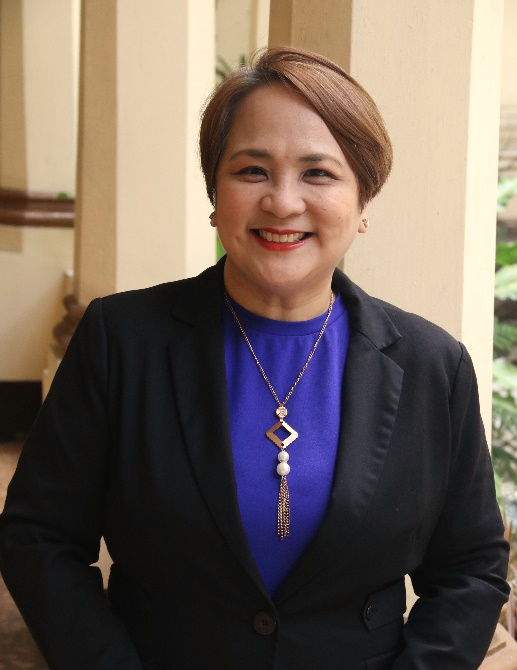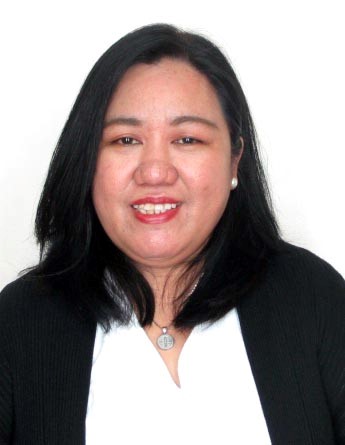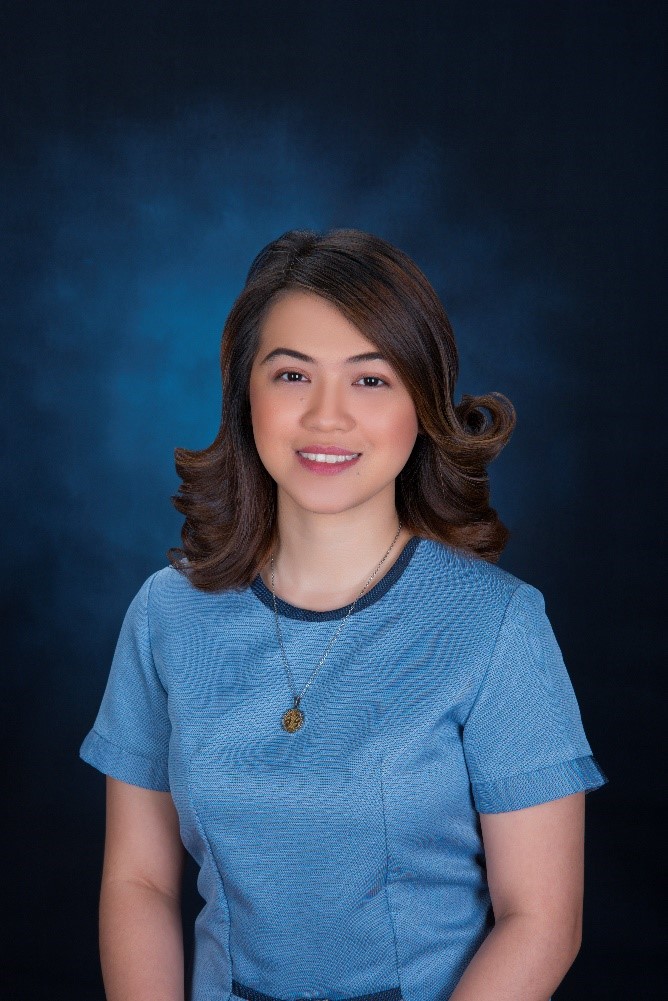The JSR editorial board strives to review submissions and reply in a timely manner. We will acknowledge receipt of your article immediately. It may take us a minimum of 4 weeks to review the article and decide whether or not to send it out for blind peer review. We will notify you accordingly. If the manuscript is sent out for peer review, please expect another 2-4 weeks until we send you the reviewers’ recommendations for revision. In total, it can take 3 to 6 months from first submission to acceptance and publication.
Articles are sent to at least two external peer reviewers, using a journal manuscript review rubric. In using a blind-reviewing system, the identity of the reviewer is not known to the author and vice-versa. The editorial staff will notify authors of the peer review decision in writing, along with any recommendations necessary for publication or reconsideration.
Most articles will require some revision, and acceptance for publication is contingent upon how the author addresses suggestions for revision. In order to meet our publication schedule, we need the cooperation of all authors to return their revised articles promptly via email, according to the deadline.
Upon submission of the revised article, the content editor will correct typographical and grammatical errors in preparation for publication. Before publication, the printing proofs of the article will be emailed to the author for final proof-reading for review/corrections and should be promptly returned via email to the JoSR chief editor.
It is a condition of publication that authors assign copyright or license the publication rights in their articles, including abstracts, to the Center for Research and Evaluation of St. Scholastica’s College Manila. This enables us to ensure full copyright protection and to disseminate the article, and of course the Journal, to the widest possible readership in print and electronic formats as appropriate. Authors are responsible for obtaining permission to reproduce copyright material from other sources. As an author, you are required to secure permission if you want to reproduce any figure, table, or extract from the text of another source. This applies to direct reproduction, as well as "derivative reproduction" (where you have created a new figure or table which derives substantially from a copyrighted source).
The Journal of School Research provides open access to all of its content in the interest of increased readership and citation of its authors’ works as well as to make research readily available to the general public. Readers are free to download and share with others only the abstract of the articles from the journal website provided that the journal is properly cited as the original source and that the downloaded content is neither modified nor used commercially. It is published and managed by the Center for Research and Evaluation of St. Scholastica’s College Manila.
The Editorial board makes all decisions regarding the content published in each issue while ensuring accuracy, originality, rigor, and relevance of each article published. It is committed to uphold academic integrity and professional publishing judgment.
The board exerts utmost effort and thoroughness in checking submissions using established guidelines and criteria.
All articles are subjected to double blind peer review.
Articles are assigned to reviewers with relevant discipline and/or expertise.
The board continues to expand its peer reviewers base and strive to give authors feedback of peer review in a timely manner;
Authorship credits are based on substantial contributions to the manuscript which include: conceptualizing, conducting, and writing the research.
Authors agree to revise their manuscripts based on the recommendations of reviewers and the editorial board.
Authors are required, upon approval of their article, to sign the Publishing Agreement and Transfer of copyright form, in which the author attests that he or she is the author of the article about to be published by the journal;
In case of publication fraud, discovered either prior to or after publication, the editorial board is committed to informing the author of the discovery and reporting the fraud to the institution to which the author is affiliated. Should the plagiarism/fraud be discovered after publication, the journal shall publish a retraction.
Changes in editorial policies or structure are agreed upon by the board and communicated accordingly to all stakeholders.

